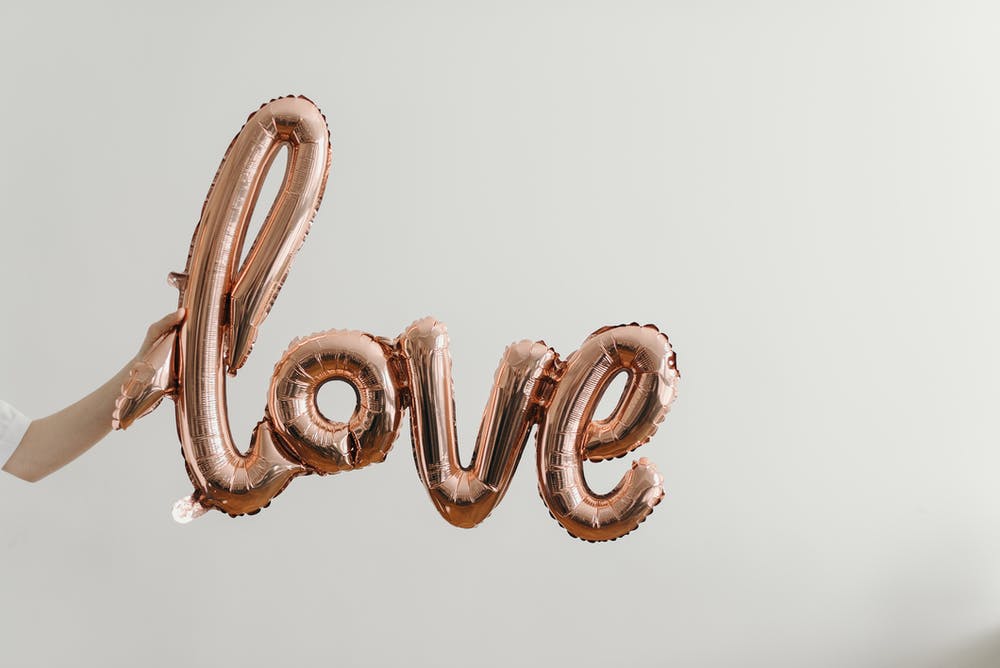We hear a lot these days about unconditional love, and how important it is in relationships. I have to disagree. I think that there’s only one place for unconditional love and that’s from a parent to their child. In all other relationships, I think that love ought to be conditional.
It makes sense for a parent to love their own child, no matter what. They have to, so as to continue caring for the child even when the child behaves badly. But in a romantic relationship, there’s no biological imperative. We have no good reason for loving our partner no matter what. In fact, there are a lot of reasons why we absolutely shouldn’t.
There are many types of people in the world. Some are kind and loving, but others are uncaring, disrespectful and manipulative. The latter group preys on the nice folks who bend over backwards to understand and forgive. These people are thrilled when we love them unconditionally, because it makes it so much easier for them to get away with their hurtful behavior.
Romantic love should never be unconditional. It should always be conditional on respect, courtesy and consideration. It should be conditional on the other person never mistreating you, manipulating you or abusing you. It should be conditional on the other person always wanting the best for you and doing their best for you.
We squander a lot of our love on people who don’t even come close to deserving it. We adore people who play games with us; run hot and cold with us; are cruel or contemptuous toward us. We give our hearts to people who are ambivalent toward us; can’t commit to us; are aloof toward us.
We tell ourselves (and our friends tell us) that it’s love, so we should be more understanding, more forgiving, more accepting. Unfortunately, all that this does is empower the users and abusers out there to hurt us even more.
We need to lower our tolerance for bad behavior in romantic relationships. We need to expect more and demand more from our partners. We need to throw out the fantasy of unconditional love and tell our prospective partners that our love will be conditional on them treating us right.
There’s a lot of myth-making in the media about unconditional love and forgiveness. It’s rampant on TV and in the movies, but these are fantasies and real life doesn’t work according to the rules of on-screen romance.
On-screen, when people misbehave and we forgive them, it causes them to have an epiphany and be miraculously transformed. Redemption is a huge theme on-screen, but it’s a far less likely occurrence in real life.
In real life, when someone mistreats us and we’re excessively understanding and forgiving, they take it as a free pass to continue treating us badly. There’s no transformation; no redemption; just more of the same hurtful behavior.
As a psychiatrist, I’ve observed over decades that the people who are overly accepting and forgiving of hurtful partners only perpetuate their own suffering. In all my years of practice I’ve never seen a hurtful partner change. I have never seen a hurtful, disrespectful or ambivalent partner be transformed or redeemed by unconditional love.
We need to live in the real world when it comes to our love-lives. We need to see that we’re not going to change a hurtful partner by loving them unconditionally. It just doesn’t work that way. Instead, we can get better at choosing kind, caring and respectful partners at the outset; people who are much more likely to treat us well.
We can get better at setting appropriate limits and confronting unacceptable behavior. We can let our partners know that just because we love them it doesn’t mean that they haave a free pass to treat us any way they choose.
We can get better at saying “no” to what we don’t want and we can learn how to state our needs clearly and directly. And if our partner isn’t okay with these things, we can recognize that they’re not the right person for us.
Love is great, love is wonderful. We all could use more love and we all could give more love. However, loving someone should never be confused with tolerating mistreatment, disrespect or abuse.
Loving someone should never be confused with accepting less than what we need or deserve. Love between adults should always be based on mutual respect and consideration, and nothing less.
As Valentine’s Day approaches, let’s say “no” to unconditional love and demand that our romantic relationships only involve love that’s conditional on people treating each other with kindness, courtesy and the utmost of respect.
Sign up here for my free biweekly wellness newsletter that brings you fresh, thought-provoking content.
Subscribe to my YouTube Channel to watch my series Moving into Autumn with Good Self-Care, where you’ll learn simple tips for taking the best care of yourself and your loved ones this fall season.
Tune in to my Ruthless Compassion Podcast where I go in-depth about topics like mental health, trauma, and loneliness.



